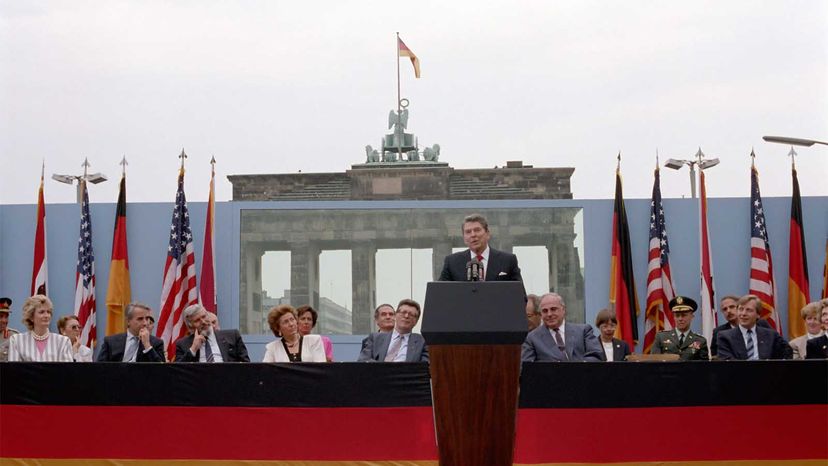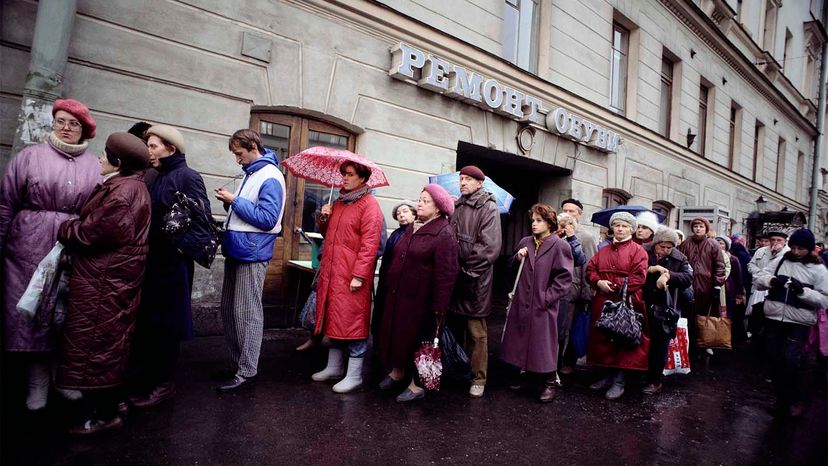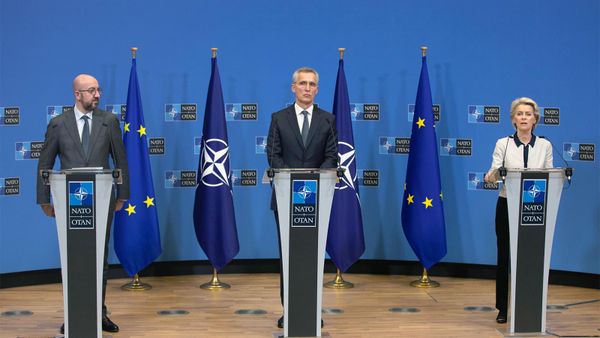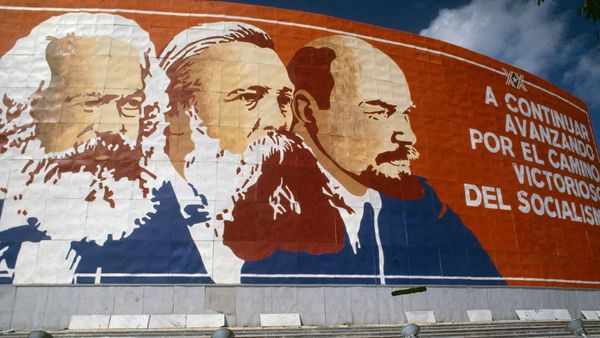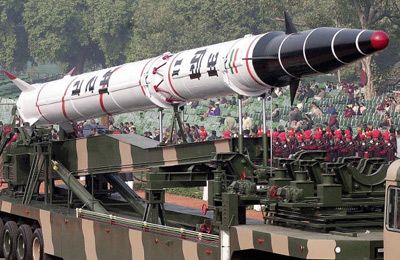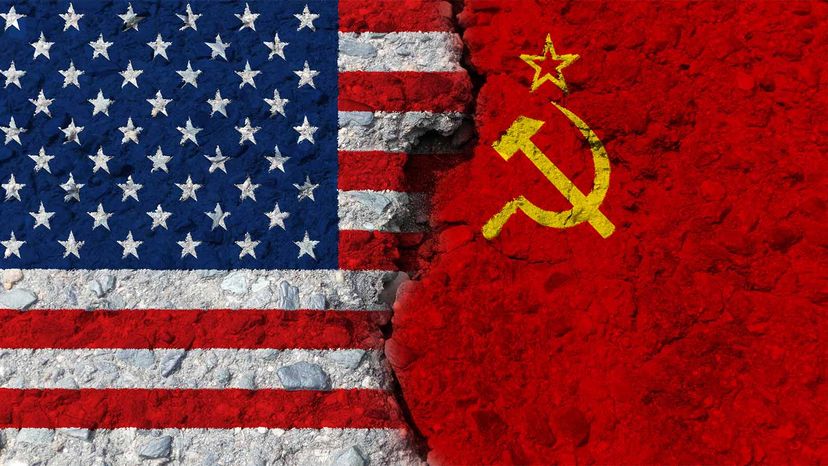
There's an African proverb that says: "When elephants fight, it is the grass that suffers." For more than 45 years, the elephantine superpowers of the former Union of Soviet Socialist Republics (USSR) and the United States fought the Cold War — and some might argue the grass was, in this case, the rest of the world.
While the Cold War was largely a war of threats, there was plenty of real violence, too. The aggression between the U.S. and USSR spilled over into places like Angola and Nicaragua. The two nations fought proxy wars, conflicts between warring parties of a third nation that were supported by the U.S. and USSR. The soil of European nations served as nuclear missile sites for both sides.
Advertisement
In addition to the 15 member states of the USSR, there were seven Soviet satellite states in Eastern Europe where populations were repressed and subjugated by communist rule. Chilean dictator Augusto Pinochet condoned kidnapping and murder of the leftist population under an American-backed regime. And the global psyche was plagued by anxiety over possible nuclear war.
The tense standoff that characterized the Cold War ended when the USSR collapsed completely in 1991, becoming a number of independent countries and the Russian Federation. This collapse was preceded by revolutions in the satellite states of Poland and Czechoslovakia, as well as the fall of the Berlin Wall in Germany. When the USSR fell, the Soviet states dissolved.
The end of the Cold War came so abruptly that even years later, disbelief gripped the West. A 1998 episode of the American TV show "The Simpsons" depicts a Russian delegate at the United Nations referring to his country as the Soviet Union. "Soviet Union?" asks the American delegate. "I thought you guys broke up." "Nyet! That's what we wanted you to think!" the Soviet delegate replies and laughs ominously [source: IMDB].
This scene underscores a hallmark of the Cold War's conclusion: uncertainty. What exactly led to the downfall of the Soviet Union? Was the collapse of the USSR inevitable, or did America hasten its disintegration?
Advertisement
